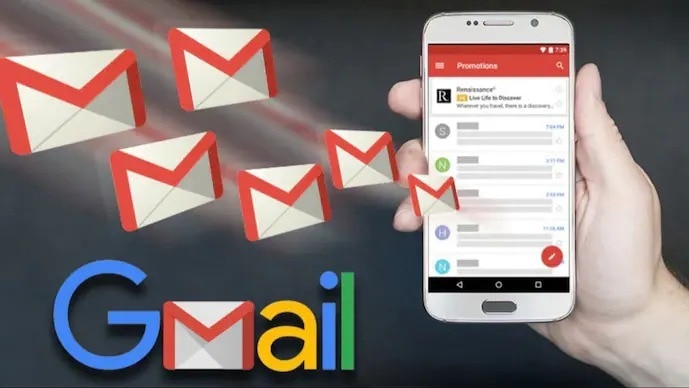Google has officially denied viral claims that it uses Gmail data to train its Gemini AI model, calling the reports “misleading.”
Key Takeaways
- Google denies using Gmail content for Gemini AI training
- Viral social media claims suggested turning off “smart features”
- Confusion stems from January settings update and potential glitch
- Smart features personalize your experience but don’t feed AI models
Company spokesperson Jenny Thomson stated clearly: “We have not changed anyone’s settings, Gmail Smart Features have existed for many years, and we do not use your Gmail content for training our Gemini AI model.”
Despite the clarification, the controversy has prompted many users to review their privacy settings.
What Really Happened With Gmail’s Smart Features
The confusion appears to originate from a January update that allowed separate management of “smart features” across Google services. Users can now disable these features in Google Workspace (including Gmail, Calendar, and Docs) while keeping them active for Maps, Wallet, or other apps.
However, The Verge reported that settings had quietly reset for some users, reactivating features they had previously disabled. While the extent of this glitch remains unclear, it has heightened suspicions about Google’s AI intentions.
These smart features extend beyond basic spell check to include:
- Automatic flight additions to calendar
- Package order tracking
- Email summarization
When enabled in Workspace, Google explains that users agree to let the platform “use your Workspace content and activity to personalise your experience across Workspace.”
Google emphasizes that this personalization focuses on improving individual user experience rather than extracting data for AI training. Your emails help Gmail work better for you, not for Gemini.
Gemini 3: Google’s Latest AI Breakthrough
The Gmail privacy discussion emerges as Google showcases Gemini 3, its most advanced AI system to date. The company describes it as capable of human-like interpretation with exceptional depth and nuance.
CEO Sundar Pichai explained that Gemini 3 integrates Google’s research in multimodal understanding, long-context reasoning, and agentic behavior into a single system. “Gemini 3 is state-of-the-art in reasoning, built to grasp depth and nuance,” he wrote in a blog post.
Pichai noted the model’s improved ability to understand context and intent, requiring less user prompting. “It’s amazing to think that in just two years, AI has evolved from simply reading text and images to reading the room,” he added.
The AI can process diverse content formats including handwritten notes, research papers, and video lectures. Potential applications include digitizing recipes, summarizing academic material, and breaking down lengthy videos into step-by-step explanations.
So, is Google secretly converting your inbox into AI training material? The company’s answer remains an unequivocal no. However, as AI becomes increasingly integrated into daily applications, users are becoming more vigilant about privacy settings and terms of service.




